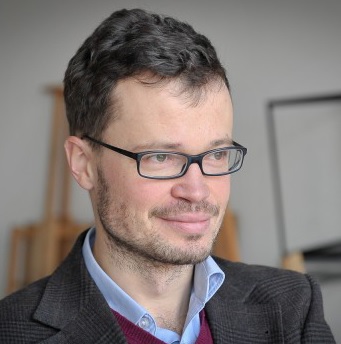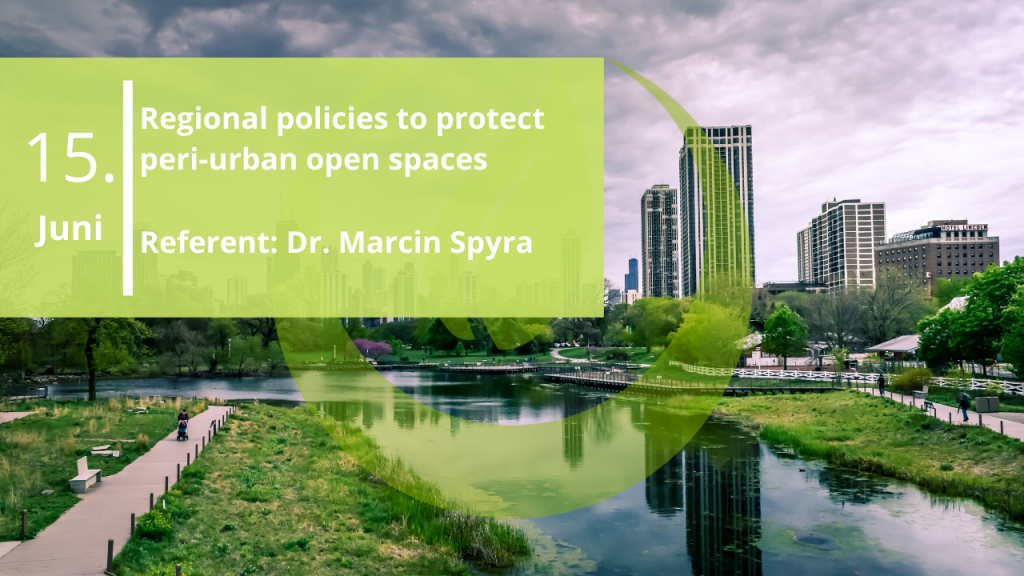Land is a valuable and basic resource for the natural or cultural heritage and human well-being. Each year in the European Union more than 1,000 km² of land is used for new housing, industry, roads or recreational purposes (European Commission, 2011). Those land take processes are related often to peri-urbanization processes of landscapes. Due to that, the new transitional peri-urban landscapes, which are joining urban, rural and natural characteristics, emerge. At the same time new developments taking place in the peri-urban landscapes foster diminishing of peri-urban open spaces.
The lecture will draw attention to the importance of peri-urban open spaces for the sustainability of urban and peri-urban landscapes.
Passwort: Ringvorlesung
Bitte schalte zu Beginn dein Mikrofon und deine Kamera aus.
Diese Veranstaltung wird aufgezeichnet. Mit dem Beitreten zur Veranstaltung stimmst du der Aufnahme und späteren Veröffentlichung zu!!!

Dr. Marcin Spyra
Dr. Marcin Spyra is research fellow at the Department of Sustainable Landscape Development, Martin Luther University in Halle – Wittenberg (Germany) and assistant professor at the Faculty of Civil Engineering and Architecture, Opole University of Technology (Poland). Dr. Spyra graduated in the field of architecture and urbanism from Silesian University of Technology (Poland) and Chalmers University of Technology (Sweden). His research focus is on cross-boundary and peripheral urban systems and ecosystem services concept in participatory planning. He has been working internationally in the consultancy sector in the field of urbanism and architecture. He is member of European Land-use Institute, European Global Land Program Nodal Office and International Association of Landscape Ecology, where he leads the working group “Urban and peri-urban governance”. Dr. Spyra has been awarded with several research scholarships including Polish state scholarship for eminent young scientists (2011).



